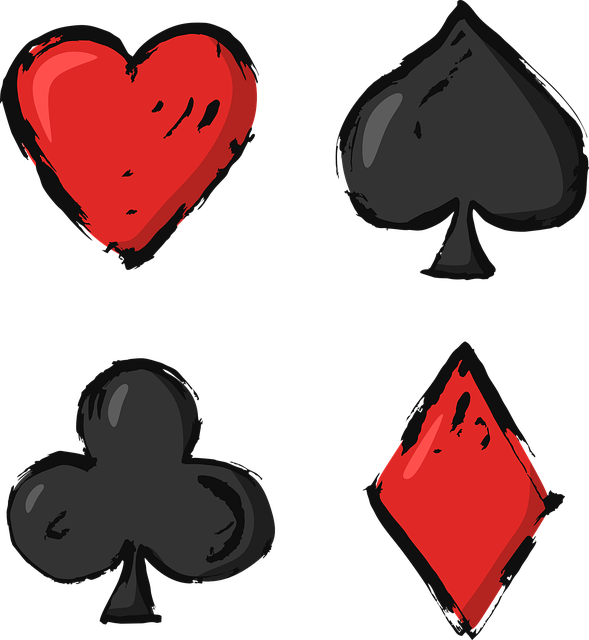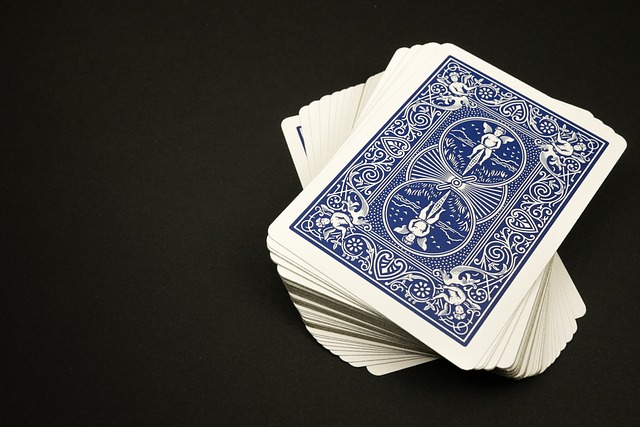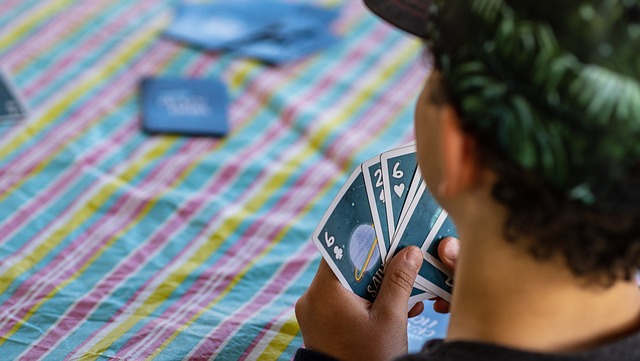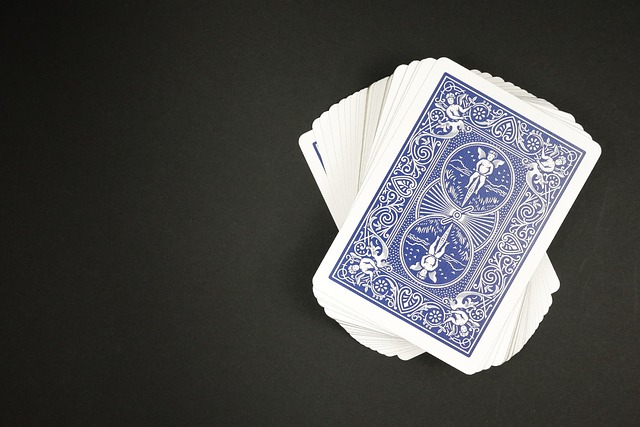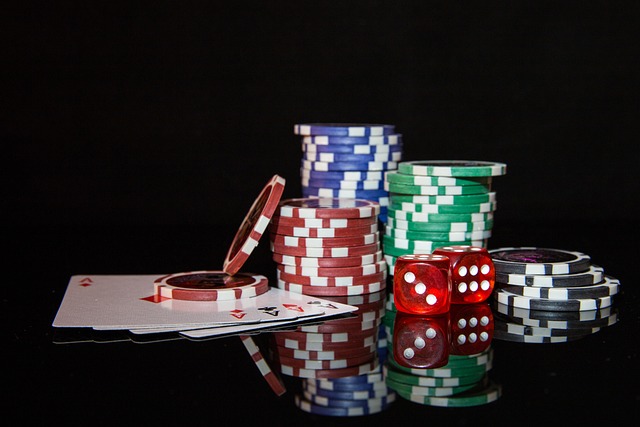"How to Play Poker" offers a comprehensive guide to the centuries-old game, highlighting its rich history from European-Persian origins to modern global popularity. To excel at poker, players must grasp hand rankings, betting strategies, and fundamental terms, utilizing critical thinking skills, position awareness, and opponent interpretation. The text delves into key aspects like reading tells, calculating probability, and understanding variations like Texas Hold'em and Omaha, empowering individuals to master the game's skill, strategy, and psychological elements for a rewarding experience.
Looking to dive into the world of poker but don’t know where to start? This comprehensive guide is your perfect companion. We’ll walk you through the fundamentals, from the definition and history of poker to its various types and essential terms. Learn how to set up a game, understand betting rounds, and calculate odds like a pro.
Beyond basics, discover strategies for reading opponents, adjusting your playstyle, managing bankrolls, and continuously honing your skills. Master the art of poker with our simple, beginner-friendly approach.
- Understanding the Basics of Poker
- – Definition and History of Poker
- – Types of Poker Games (e.g., Texas Hold'em, Omaha)
Understanding the Basics of Poker
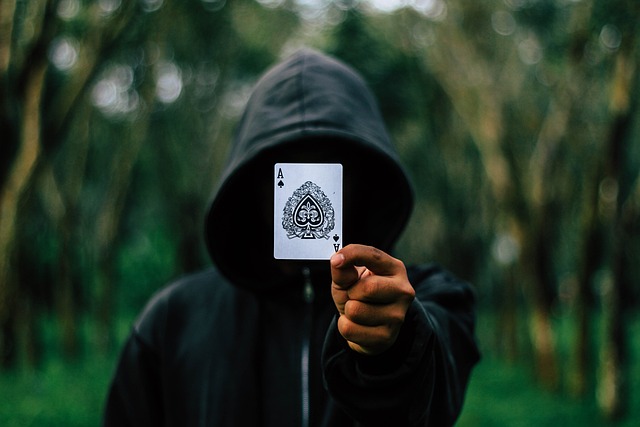
Poker is a game that has captivated people for centuries, and learning how to play poker can be both entertaining and challenging. At its core, poker involves players betting on the strength of their cards in an effort to win a pot. The objective is simple: outwit your opponents by having the highest-ranked hand or bluffing them into folding. However, mastering poker requires more than just understanding the aim.
To play poker effectively, you need to grasp basic concepts like hand rankings (from high card to royal flush), betting structures (pre-flop, post-flop, turn, and river bets), and common terms (fold, check, raise, call). Knowing when to hold ’em and when to fold is crucial, as is recognizing the power of position and the art of reading your opponents. By combining skill, strategy, and a bit of psychology, you can enhance your poker experience and enjoy the thrill of the game.
– Definition and History of Poker
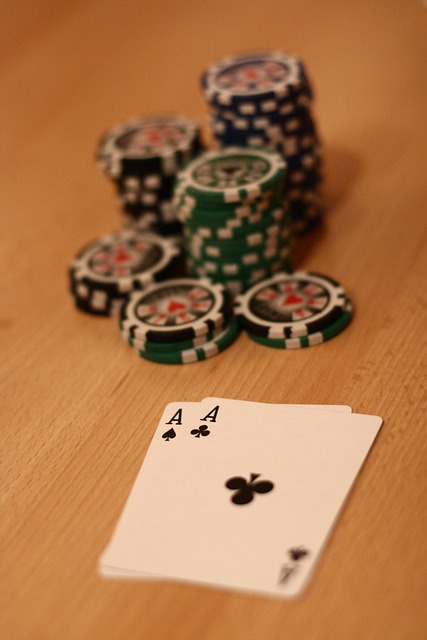
Poker is a popular card game that has been around for centuries, evolving from various earlier games. Its exact origins are unclear, but it is believed to have stemmed from a combination of games played in Europe and Persia. The modern version we know today gained significant popularity in the United States during the 19th century, especially along the Wild West frontier.
Over time, poker has become a global phenomenon, with countless variations and formats. It’s not just a game of chance but also one of skill, strategy, and psychology. “How to play poker” involves understanding hand rankings, learning to read opponents’ tells, and making calculated decisions based on probability and pot odds. This blend of mental acuity and luck has contributed to its enduring appeal and status as one of the world’s most beloved casino games.
– Types of Poker Games (e.g., Texas Hold'em, Omaha)
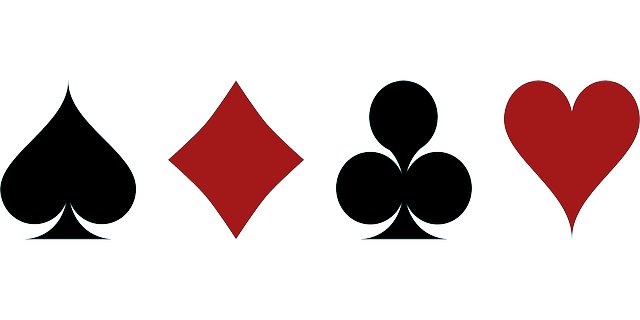
Poker is a versatile game with numerous variations, each offering unique challenges and strategies. The most popular among them is Texas Hold’em, where players are dealt two private cards and then use their knowledge of community cards to make the best five-card poker hand. Omaha, another classic, requires players to use both their hole cards along with any three community cards to form a winning hand.
Each game has its own set of rules and betting structures. For instance, in Texas Hold’em, rounds of betting occur after each flush of cards (community cards), while Omaha allows bets after every two cards dealt. Learning these differences is crucial when deciding how to play poker, as it dictates the level of skill and strategy required for victory.
Poker is a captivating game that has stood the test of time, evolving from a simple card game into a global phenomenon. By understanding the basics and exploring different variations like Texas Hold’em and Omaha, you’ve taken the first steps towards mastering the art of poker. Remember, practice makes perfect, so gather your friends or join online communities to refine your skills and enjoy the thrilling experience of How to Play Poker.
